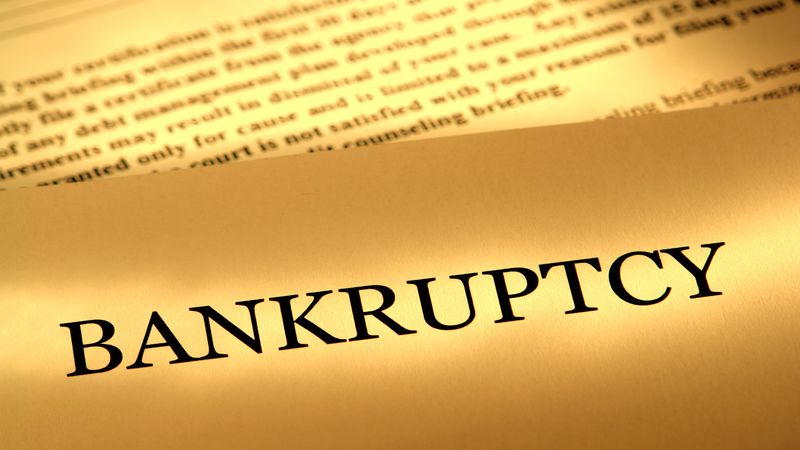After going through a Chapter 7 bankruptcy, the former debtor has the chance to make a fresh start. The trick is to establish financial habits that help to Rebuild Credit after Bankruptcy while still allowing the individual to live within his or her means. Here are some tips that will help with the process.
Create and Stick to a Workable Budget
As part of the requirements of the court, the debtor attended financial management classes. The information from those classes can now be put to good use in the form of a practical household budget. From this day forward, living within that budget is the order of the day. Make sure there is a line item for every essential monthly expense, and also a way to put a little money into savings. Doing so will create more financial security. Having an active savings account will also come in handy if there is the need to apply for a car loan and the lender sees there is an active savings account listed on the credit reports.
Using Credit Responsibly
Consider an idea like purchasing groceries this week using the credit card. After allowing time for the charge to post to the account, log in and remit a payment equal to the total amount spent at the grocery store. Using this approach several times a month will result in avoiding the accrual of interest on a balance and establish a solid payment record with the creditor. If the credit happens to come with cash-back bonuses for qualified purchases, that will even create a little extra for use from time to time.
The same approach can be used with loans. Talk with a local banker and obtain a secured loan for a relatively low amount. Make all the payments on time, or even pay off the loan early to save on interest. The information reported to the credit bureaus will be favourable and help to Rebuild Credit after Bankruptcy.
Rebuilding credit must be an intentional process. Pay all debts promptly, use cash instead of credit for most purchases, and learn how to think twice before purchasing something that is not really necessary. In the long run, that will mean more money in the bank and a credit score that makes it easy to get loans when a real emergency comes along.





